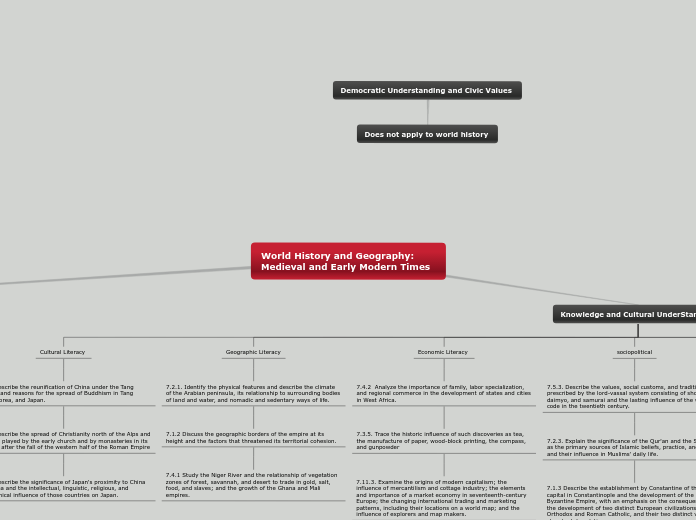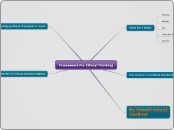Eastern Approaches To A Unified Identity
Hinduism
Nature of Ultimate Reality
enlightenment comes through self-realization
archives self-realization by seeking awareness and connection with the Brahman
reincarnation and karma
hindus Belize in reincarnation, which has a heavy relationship to karma. if you were a person who did not commit many bad deeds, you would be reincarnated into a god, if you committed more bad deeds you would be reincarnated into something like a fly.
reunite the atman and brahman
atman is a beings soul, brahman is the should of the universe. through samara, the endless cycle of life, the two will be re-united to achieve enlightenment
the atman is the soul
when a being dies, its atman still exists within the universe and travels into the next life form. without the atman, a body cannot function
Buddhism
reality is ever-changing and inter-related
combined ideas of the four noble truths (end of suffering, path to end of suffering, truth and origin of suffering) and the five niyamas (natural law, law of living matter, law of moral causation, the physical world, law of mental activity). ultimate reality is endless existence, samsara
everything in interrelated
relationship between mind and matter is what leads to full enlightenment. they must co-exist, mind is sensation and perception, matter is the four elements (solidity, motion, heat, and fluidity)
to end suffering
one must understand the Four Noble Truths surrounding suffering (origin, truth, truth of ending suffering, truth of the path to end suffering) in order to achieve enlightenment
perception of self is always changing, its never constant
one must understand the Noble Eightfold Path (right view, right intentions, right speech, right mindfulness and concentration)
Taoism
maintain happy and flowing existence with Tao
tao is an impersonal ultimate reality and eternal truth, must live life with flow and embracing life as it comes
soul rests upon physical body
close relationship between mind and matter, if one opens their mind they will better connect with the physical world
life must be experienced
important to live every moment to the fullest, both living and non-living lives must be experienced, and must live in the present rather than the past
selflessness and yin yang
humans must remain selfless to understand ego and self relationship, and understand the yin yang which says all humans have good and bad within themselves
Confucianism
Nature of ultimate reality
beyond humans understanding
no denial that existence in another reality was possible, however it was believed the nature of ultimate reality and Devine intentions were beyond humans understanding
Mind and matter
goal is to become one with virtues
one is provided with all that is necessary to experience in the human world in order to learn their virtues, virtues are guardians of spiritually, therefore mind and matter are heavily connected
Meaning of life
life is lived inly through human experience
life means maintaining harmony and success in social context, strive to become one with life
What is the self?
understand oneself both physically and spiritually
identify sense of self through the five virtues (kindness, justice, property, wisdom, and honesty)









